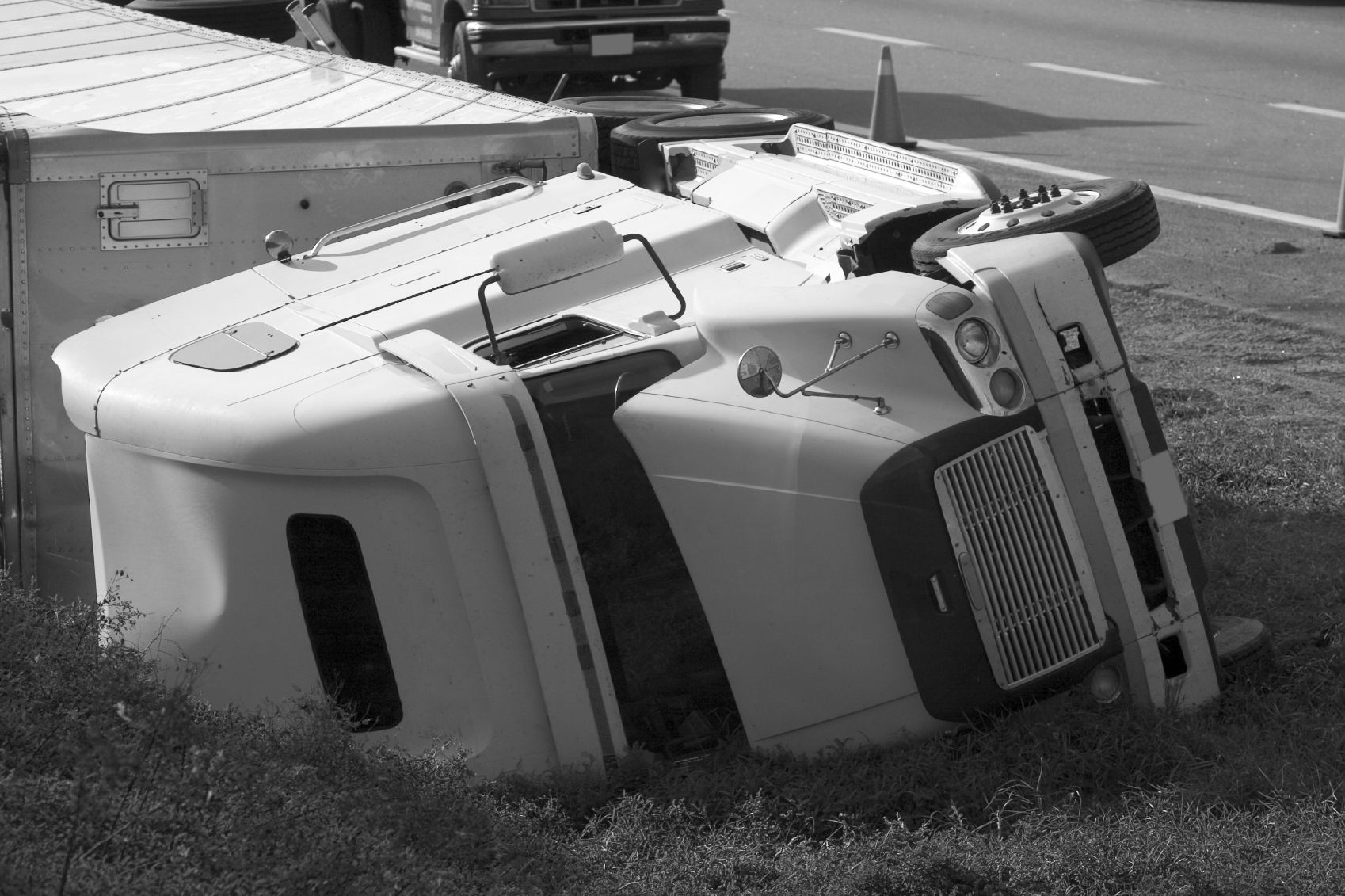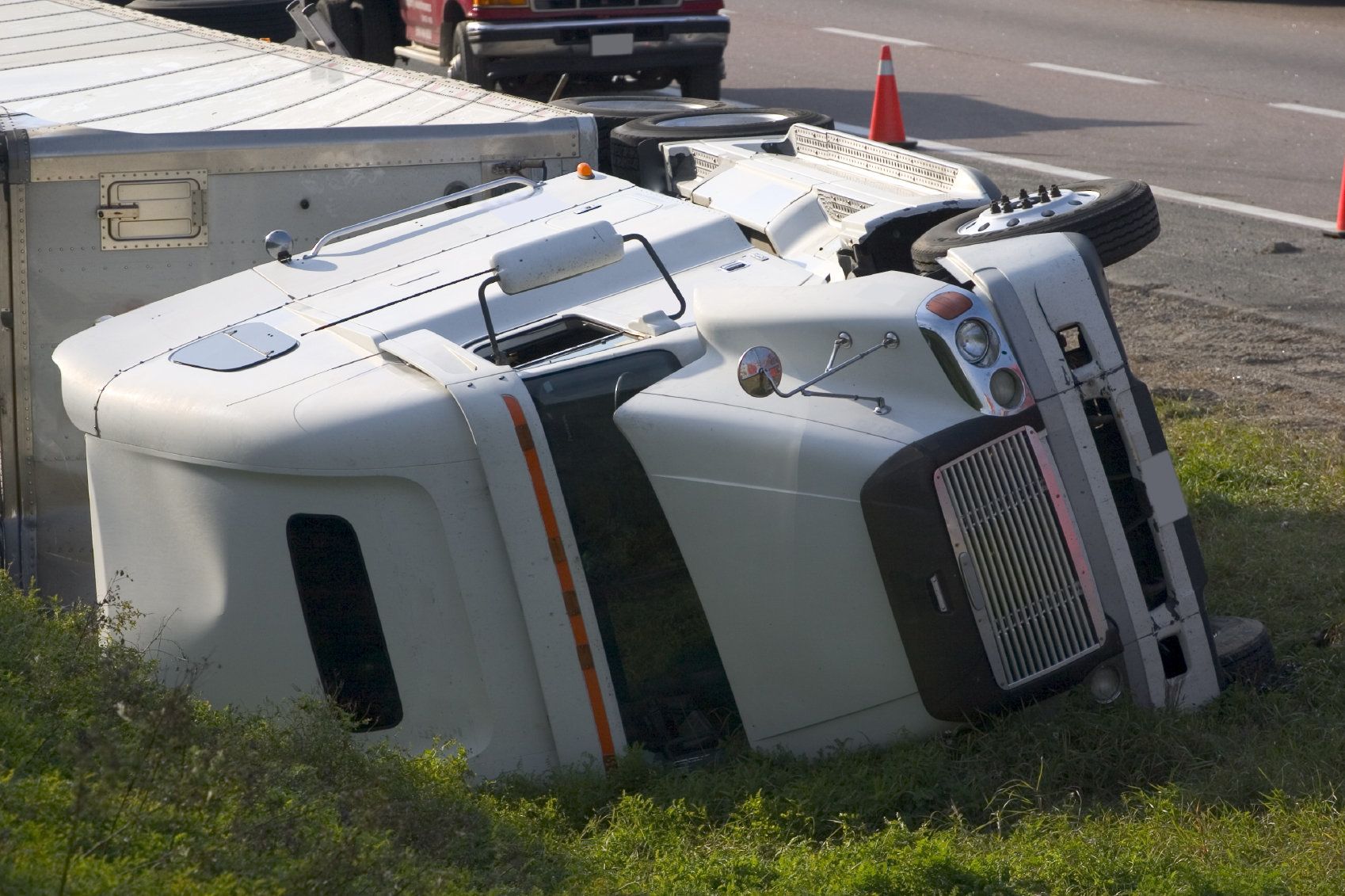
The cargo loads of semi-trucks and commercial vehicles are required to follow certain rules and guidelines. When those rules are not adhered to and the cargo is improperly loaded, the truck may be off balance and cause a catastrophic accident. The types of injuries suffered in a truck accident with improperly loaded cargo case may depend on several factors, including the severity of the truck accident, the weight of the truck, the number of vehicles involved, the speed it was traveling, and road conditions. Pursing a claim in these cases requires a working knowledge of the specialized laws in place governing how to properly load cargo. At Bowles & Verna LLP in Oakland, CA, we are familiar with trucking industry standards and laws, and will help you pursue all that you deserve when you are hurt in an accident.

Common Loading Laws
One of the first things to consider when looking at a case where cargo may have been improperly loaded are the guidelines and laws. These laws dictate that:
- Cargo must be secured by the proper equipment, which may include equipment used to fill the space between pallets, industrial strength tie downs, or rods and bars.
- Cargo must be secured from movement while in transit, including taking steps to prevent cargo from shifting or rolling.
- When the cargo type is a piece of heavy machinery, specialized equipment must be used to firmly secure the machine from moving. This might include steel beams and other special restraints.
- If a truck is hauling a large load that extends beyond the truck bed, notices that the cargo is a “wide load” must be posted, along with appropriate lighting, to alert other drivers to the overhanging cargo. In most wide load instances, separate vehicles travel in front of and behind the truck to isolate the load and prevent other motorists from entering the same lane of traffic.
Results of Improper Loading
An improperly loaded cargo truck is not safe to drive. The cargo can shift, roll, or move while in transit and this throws off the balance of the truck. The end result could be a semi rollover, jackknife, or loss of control of the truck. Given that the cargo being hauled may be quite heavy, coming into contact with a truck in this condition is extremely dangerous. Passenger vehicles are much smaller and weigh less than fully loaded trucks, and when the two collide, the passenger vehicle usually suffers devastating damage. In addition to property damage, any driver and passengers inside a vehicle colliding with a cargo-bearing truck are likely to suffer significant personal injuries. Making a claim for these injuries requires an investigation into the cause of the accident to make a determination as to whether proper loading laws were followed. If not, the trucking company as well as the driver may be held liable for the injuries.
Where to Find Assistance
Bowles & Verna, LLP, has experience representing people hurt in all types of trucking and vehicle accidents. We know which laws apply, and how to establish liability. Our track record is one of securing the maximum compensation needed for our clients. Contact us online or call our office at (925) 935-3300.

